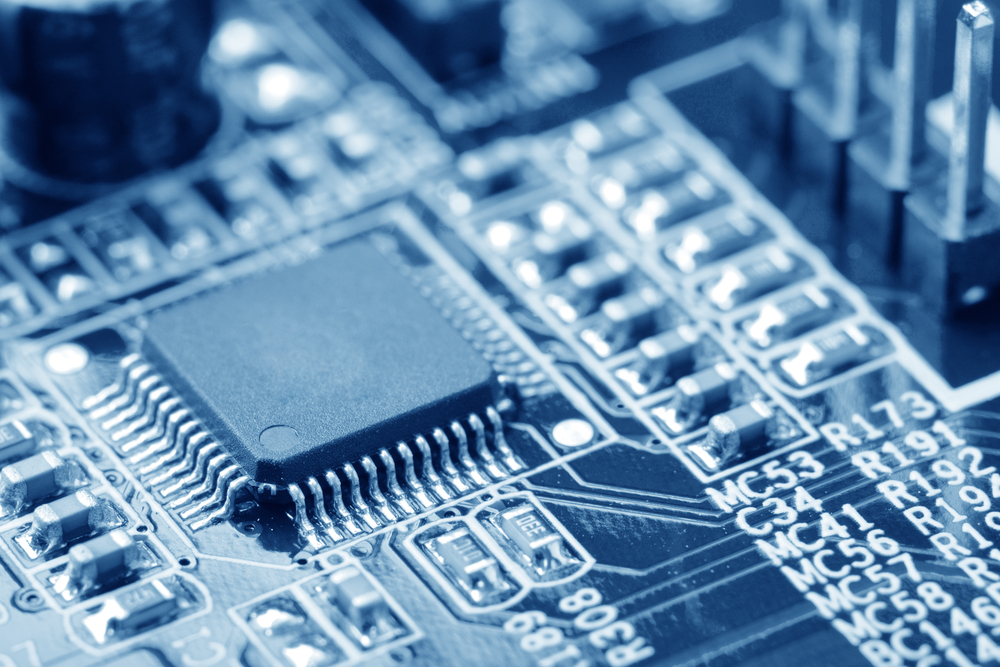ACE Data Recovery tools extract data from monolithic Flash memory

ACE Data Recovery has developed custom built hardware and software solutions that enable the recovery of data from monolithic flash memory.
This is great news for consumers of monolithic based products who need to retrieve their valuable data from damaged or malfunctioning media. ACE Data Recovery has been producing similar custom solutions for SSD recoveries, RAID array recoveries, and hard drive recoveries, for many years.
With the price of USB flash drives and SD cards dropping, many top manufacturers are switching to monolithic flash. Traditional SSD or USB flash drives use NAND flash memory chips and controllers mounted on printed circuit boards (PCB) along with resistors, capacitors and conductors.
But, as hardware manufacturers try to reduce costs and make devices more water- and shock-proof, today's devices frequently consist of an "all-in-one" design. In these devices, memory chips, controllers and all small components are enclosed into one small body. These devices are called monolithic flash drives.
"To improve the speed and capacity of their products, hardware manufacturers are constantly redesigning their flash media," says Yevgeniy Tolkunov, CTO of ACE Data Recovery. "This means that today we have hundreds of different designs of monolithic flash devices on the market."
For consumers, it is often difficult to determine what technology they are buying. The same model of USB flash with the same plastic cover can contain either traditional or monolithic flash. This has produced issues for consumers and data recovery technicians alike.
"Data retrieval services for monolithic flash devices are expensive, and many data recovery companies avoid this because of the complexity and cost," comments Don Wells, General Manager of ACE Data Recovery. "Today, tablets, smart phones and other equipment more often use flash memory for storage due to their smaller size and durability. At ACE Data Recovery, we have a custom built, in-house solution that allows us to recover data from these devices and even handle many hardware encrypted devices."
Flash memory is slow when erasing and writing data and it has limited number of write cycles for each cell. To achieve better performance and increase chip endurance, controllers use different smart algorithms. These include always writing to new locations on the media, splitting the data stream and multichannel writing. To find right location of the data, the controller uses a translation table called the Flash Translation Layer (FTL).
In most cases, when SD Cards or USB Flash fails, it is because this table is corrupted or because components of the drive have physically failed.
For those cases, ACE Data Recovery's standard procedure is:
1. Removing Memory chips from the Printed Circuit Board
2. Use a flash reader to get a dump of all data from all chips
3. Finding the ECC algorithm and correcting all errors
4. Descrambling the data
5. Removing mixes and joining pages in-group
6. Rebuilding the groups in the right order
7. Reconstructing file system and extracting the client's data
However, a new process is necessary for monolithic flash media was required. "To recover data from monolithic flash devices, we need to connect our reader directly to test points, which are usually hidden under a protective layer. Because of the hundreds of different devices on the market, pin-outs also can be different. To solve this, we use our special equipment - a logic analyser - to find right pin-out. After we get direct access to the memory chip and have the right raw dump, the data recovery procedure same as for traditional SSD or Flash drive," says Tolkunov.
ACE Data Recovery's Research & Development team is constantly looking at new and existing technologies and finding creative ways to retrieve data from them. You may only get one chance to get your data back. That's why you need to trust your data to a company with over 30 years of experience and the ability to handle any level of complexity: ACE Data Recovery.
ACE Data Recovery is part of ACE Data Group LLC, a provider of computer forensic and data recovery services to customers all over the world. Since 1981, ACE Data Recovery has worked with all types of media including HDD data recovery, SSD, RAID, SAN, NAS, flash drives, and tapes. It's headquarters are in Dallas, Texas, with additional labs in Houston, Texas.

































